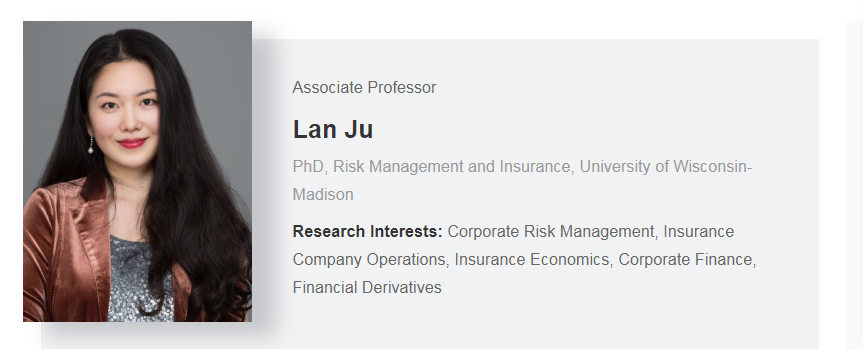The insurance industry is an essential part of China’s financial and social security system and in the context of stable economic and social development has made remarkable achievements. In the past decade, the average annual growth rate of insurance premiums in China exceeded 10 percent, having topped 1 trillion yuan for the first time in 2009, followed by 2 trillion yuan in 2014. By the end of 2018, China's total annual premium income had reached 3.8 trillion yuan, ranking second in the world.

However, as global macroeconomic uncertainty continues, the insurance industry faces opportunities and challenges. Since 2017, the year-on-year growth of insurance premium income in China declined for two consecutive years. In particular, the growth rate of life insurance premiums dropped from 20% in 2017 to 0.85% in 2018, indicating a significant turning point in China’s insurance industry.
Although the growth rate has slowed down, we should not overlook the great development potential of China's insurance industry. By the end of 2018, insurance density in China was 2,724 yuan, while the insurance depth was 4.2 percent . There still exists a large gap between China's insurance market development level and that of developed countries or regions in the world. Along with the rapid development of China's insurance market, Chinese insurance intermediaries have played a very important role. A striking feature is that around 50% of life insurance gross written premiums are contributed by insurance agents. Especially in 2017, the number of insurance agents exceeded 8 million, with an annual growth rate of 23 percent. In 2018, the total number of the agent workforce further increased to 8.71 million, but the growth rate dropped to 8.9 percent. This shows that the growth of China’s insurance agent workforce may also have reached a turning point.
In the past year, although the number of insurance agents in China increased by 8.9 percent, the premium income of life insurance increased by only 0.85 percent, reflecting that the overall market competition has become more intense. The changing industry competition pattern will inevitably affect the characteristics of insurance marketing which has passed the extensive expansion stage. Therefore, how to navigate the transformation from quantitative expansion to qualitative growth is extremely important. It can be expected that, in the face of the increasingly higher entry threshold of the industry, the requirements for insurance agents’ professional quality will certainly rise. Insurance agents should keep pace with industry transformation and accelerate their own professional knowledge and training to cope with the rapidly changing environment.
In recent years, various emerging technologies, like artificial intelligence (AI), have been applied widely in the insurance industry. The use of AI can dampen the adverse consequence caused by moral hazard and adverse selection, and it may also reduce agency costs through precise marketing. With the development of InsurTech, tasks with low complexity and high repeatability may be undertaken by AI, which tends to improve the efficiency of insurance companies.
However, the natural existence of information asymmetry in the insurance market and the technical limitations of AI still will render human agents irreplaceable in the short run. Insurance product marketing is a special service. Its particularity lies in that customers generally do not perceive service quality before insurance purchase, and after purchase, some need time to realize the quality of insurance service. Therefore, how to quickly and effectively move customers through the personal perception stage and complete the sales of insurance products is particularly important. Quality of products or services is often delivered through branding insurance products and the insurance company. Yet, the personal branding of an insurance agent as a trustworthy and caring professional is also key to improving customer satisfaction and attracting new customers. So, insurance agents need to constantly explore their own potential, continue to improve their professionalism, and especially form their core competitiveness through personal branding for enhanced career development.
Currently, it is becoming more and more challenging for insurance agent teams to attract and develop new talent. The main force now is generation Y. They grew up with the Internet and mobile Internet devices. They are the generation with a strong sense of openness and independence, with the courage to pursue freedom and individuality. Cultivating an excellent new generation of insurance agents needs urgent attention throughout the insurance industry. To sum up, China's insurance industry is ushering in a new stage with the theme of "transformation.” The transformation of insurance marketing adapting to new insurance technologies, personal branding, and the development of the new generation are key components for the future of the insurance agent workforce, as well as the sustainable growth of China’s insurance market.
 By Ju Lan and Ma Qianhui
By Ju Lan and Ma Qianhui
Published on PHBS Magazine Spring 2020 (Read More)
















